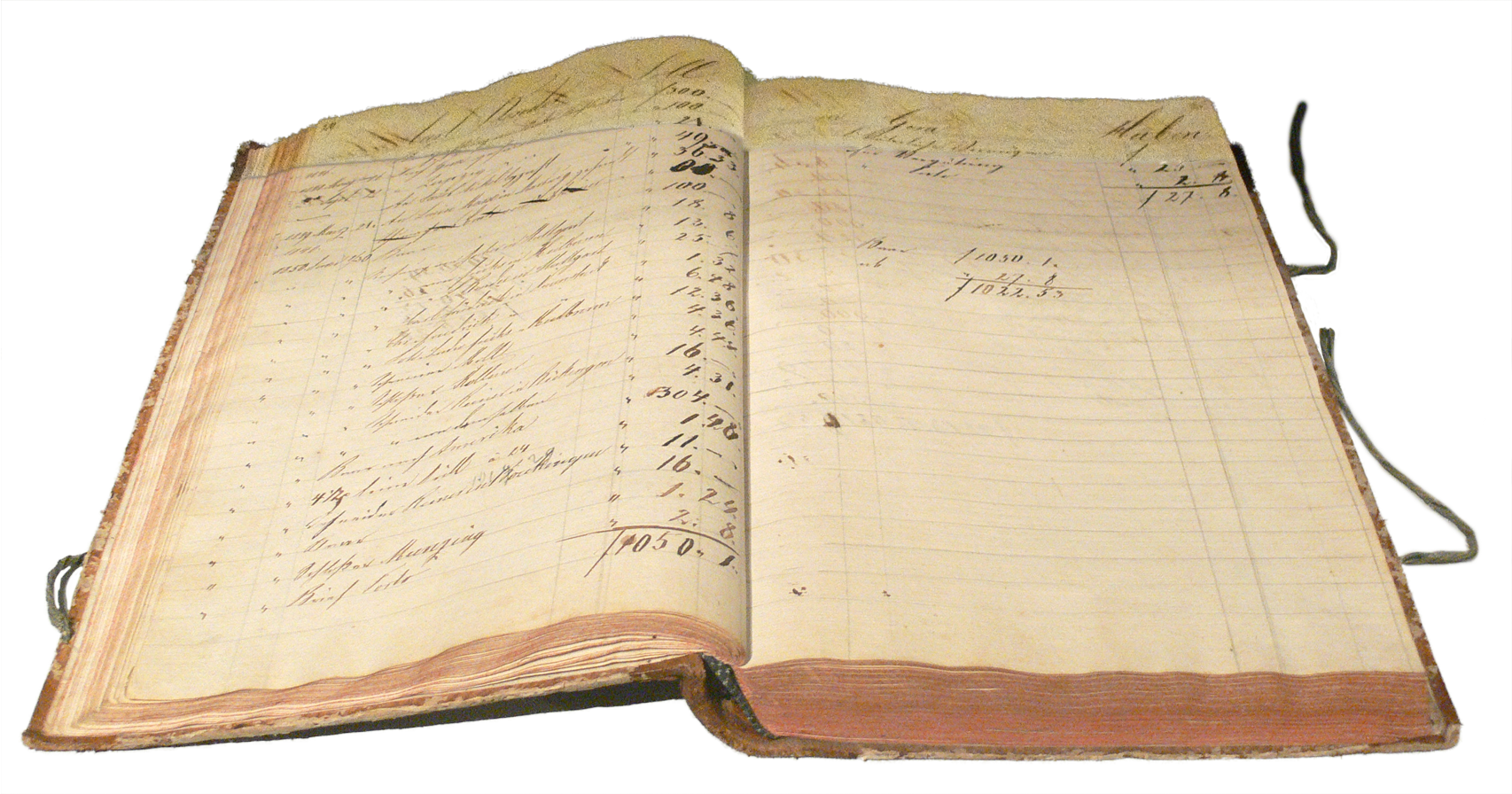Knitting business
- Introduction and Basics
- Creating Your Product Line
- Sourcing Materials
- Production Process
- Pricing and Profitability
- Marketing Your Collection
- Selling Your Products
- Customer Service and Retention
- Basics of Business Management
- Finance and Accounting
- Legalities of Your Business
- Growth and Expansion Strategies
Finance and Accounting
Basics of Business Accounting for Small Businesses

Measurement, processing and communication of financial information about economic entities.
Business accounting is a crucial aspect of running a successful small business. It involves recording, interpreting, classifying, analyzing, reporting, and summarizing financial data. This article will provide an overview of the basics of business accounting, focusing on understanding financial statements, the importance of bookkeeping, and an introduction to accounting software and tools.
Understanding Financial Statements
Financial statements are formal records of the financial activities of a business. They provide an overview of a business's profitability and financial condition in both short and long term. There are three critical financial statements:
-
Income Statement: Also known as the profit and loss statement, it shows the business's revenues, costs, and expenses over a period. It provides information about the business's ability to generate profit by increasing revenue, reducing costs, or both.
-
Balance Sheet: It provides a snapshot of a company's financial condition at a specific moment in time. It lists all of a company's assets, liabilities, and shareholders' equity. The balance sheet follows the equation: Assets = Liabilities + Shareholders' Equity.
-
Cash Flow Statement: This statement shows how changes in the balance sheet and income statement affect cash and cash equivalents. It breaks the analysis down to operating, investing, and financing activities.
The Importance of Bookkeeping
Bookkeeping is the process of recording all financial transactions made by a business. Good bookkeeping is essential to ensuring accurate financial records. These records are necessary for understanding the financial health of your business and are critical when making business decisions, seeking investors, or applying for loans.
Introduction to Accounting Software and Tools
In the digital age, manual bookkeeping is becoming a thing of the past. Accounting software can help small businesses manage and track their income and expenses, making the process quicker and more straightforward. Here are a few popular options:
-
QuickBooks: This comprehensive accounting software is widely used and offers a range of features, including income and expense tracking, invoicing, and payroll capabilities.
-
FreshBooks: This software is designed specifically for small businesses and freelancers. It offers time tracking, project management, and custom branding for invoices.
-
Wave: This free software is excellent for small businesses on a budget. It offers basic accounting features, including income and expense tracking and invoicing.
Understanding the basics of business accounting is crucial for any small business owner. It allows you to keep track of your business's financial health and make informed decisions that can help your business grow and succeed.